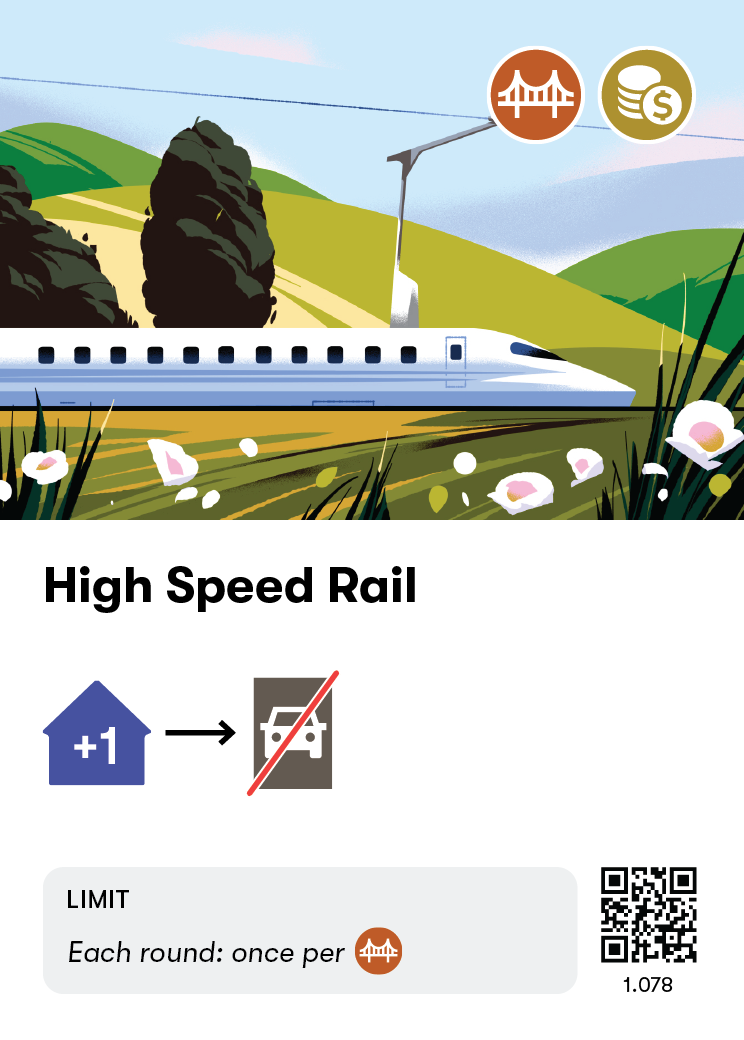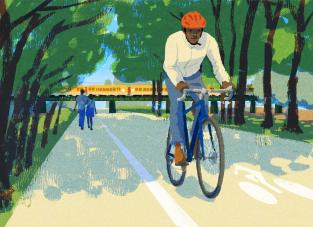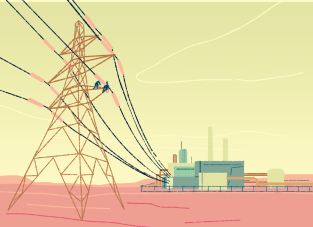High Speed Rail
Local Project
Imagine being able to travel from one city to another in a third of the time your car can make the trip — and with less than a tenth of the climate impact of air travel. That’s what high-speed rail has to offer.
Hurtling along on electrified rails at 200 kilometers per hour or more, high-speed trains filled with people can rapidly bridge the gap between destinations while reducing greenhouse gas emissions up to 90 percent compared to planes, cars, buses, or conventional rail. When deployed at scale they can reduce car traffic and pollution, boost footfall to urban centers, and help people use their time more efficiently.
High-speed rail has been effectively deployed around the world, with more than 50,000 kilometers already installed in places like China, Japan, and Europe. Governments and railway networks elsewhere around the world are hopping aboard as well.
The technology is expensive and material-intensive: it requires new infrastructure, including rails, electrical generation and transmission facilities. It also cuts through land that might otherwise be used for habitat or growing food. And it requires a change in behavior — not easy for individuals who are used to (or have no alternative to) driving everywhere. But in areas of dense population, where reducing automobile traffic would have multiple benefits, high-speed rail is beneficial for both people and the climate.
When you take this action, increase your Energy Demand by 1 and remove 1 Transportation Emissions token from your player board.
You may take this action once per Infrastructure tag in this card's stack each round.

High-Speed Rail (Project Drawdown)
High-Speed Rail (Wikipedia)
High-Speed Rail (New York Times)
If high-speed rail is available, use it wherever possible instead of driving or flying. Ask your employer to let you work from the train - they often have wifi connections.
Learn about high-speed rail. If it could be appropriate for your community, introduce policymakers to the benefits.
Learn more about and campaign for a frequent-flier levy, and encourage policymakers to ban short-haul flights when a train alternative exists.



